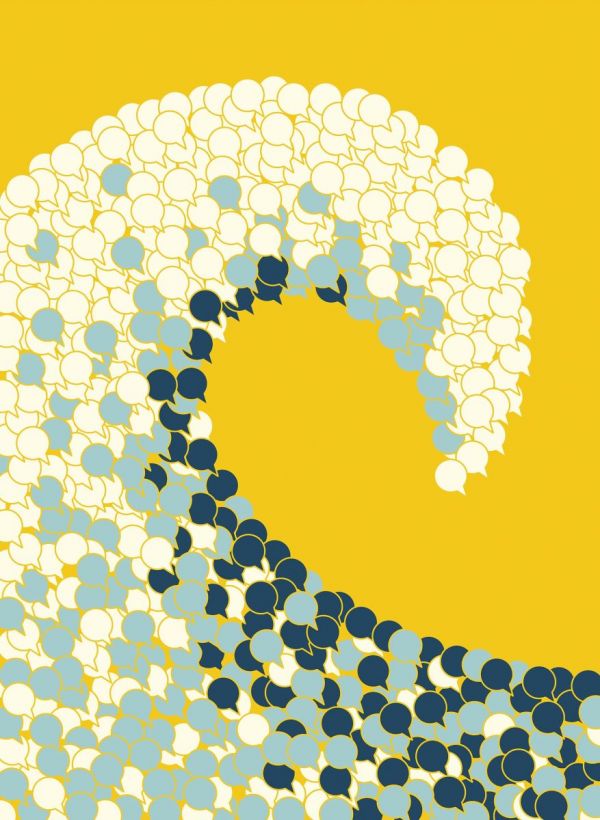
The fracturing of modern communication methods has made the standard political poll almost worthless. Polls conducted by landline phone tend to skew toward older, more conservative voters. Internet polls tend to skew toward younger, more liberal voters. And it’s harder than ever to get anyone to participate at all.
The modern public-opinion poll has been around since the Great Depression, when the response rate—the number of people who take a survey as a percentage of those who were asked—was more than ninety. The participation rate—the number of people who take a survey as a percentage of the population—is far lower. Election pollsters sample only a minuscule portion of the electorate, not uncommonly something on the order of a couple of thousand people out of the more than two hundred million Americans who are eligible to vote. The promise of this work is that the sample is exquisitely representative. But the lower the response rate the harder and more expensive it becomes to realize that promise, which requires both calling many more people and trying to correct for “non-response bias” by giving greater weight to the answers of people from demographic groups that are less likely to respond. Pollster.com’s Mark Blumenthal has recalled how, in the nineteen-eighties, when the response rate at the firm where he was working had fallen to about sixty per cent, people in his office said, “What will happen when it’s only twenty? We won’t be able to be in business!” A typical response rate is now in the single digits.There are real-world consequences to political polls, no matter how inaccurate. For example, only the top-polling Republican candidates take part in the televised debates during prime time. And even worse, politicians use polls to determine what issues American voters care about and what they think the government should do about them. The New Yorker explains the problems with polling and had some examples of elections that number crunchers failed to predict.

No comments:
Post a Comment